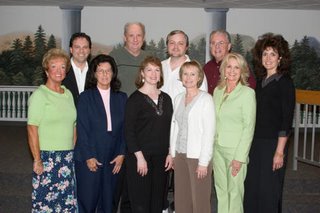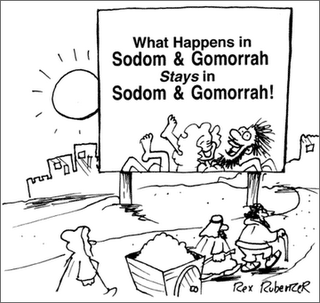Reaching A Diverse World
 The church where we worship is a fairly large congregation of people. No mega church by any means, but around 2000. Churches have personalities and for that reason they attract people that fit those personalities. For example bikers with tattoos all over there bodies would be welcome, but we would be uncomfortable and so would they. Not because of prejudice, but because of a lack of familiarity. That being the case, how could a church like Madison reach out to those that don’t fit their personality?
IMHO they have to specialize. Here is what I mean. They need to start satellite ministries off site. This may involve renting a store front or some type of suitable gathering place in a specific area where the surroundings will feel comfortable to those they are trying to reach. This could be done in multiple locations, led by Christians with a heart for a particular segment of society. These groups could start as a cell group, or a coffee house, a place for teens to hang out; any number of creative ways could be used. This could be followed up with special outings that serve as opportunities to blend these groups from time to time.
The church of the 21st. Century is going to have to be creative. To reach a diverse world, diversity is required. Same ole, same ole just won’t get it. We have been waiting for them to come to us for as long as I can remember, and they are not coming.
So, what do you think? How can we reach a diverse world of lost folks?
The church where we worship is a fairly large congregation of people. No mega church by any means, but around 2000. Churches have personalities and for that reason they attract people that fit those personalities. For example bikers with tattoos all over there bodies would be welcome, but we would be uncomfortable and so would they. Not because of prejudice, but because of a lack of familiarity. That being the case, how could a church like Madison reach out to those that don’t fit their personality?
IMHO they have to specialize. Here is what I mean. They need to start satellite ministries off site. This may involve renting a store front or some type of suitable gathering place in a specific area where the surroundings will feel comfortable to those they are trying to reach. This could be done in multiple locations, led by Christians with a heart for a particular segment of society. These groups could start as a cell group, or a coffee house, a place for teens to hang out; any number of creative ways could be used. This could be followed up with special outings that serve as opportunities to blend these groups from time to time.
The church of the 21st. Century is going to have to be creative. To reach a diverse world, diversity is required. Same ole, same ole just won’t get it. We have been waiting for them to come to us for as long as I can remember, and they are not coming.
So, what do you think? How can we reach a diverse world of lost folks?













 A few days ago I posted a comment from Patrick Meads blog
A few days ago I posted a comment from Patrick Meads blog 





 Consistency of lifestyle with our testimony is critical to influencing our world for Christ. A second challenge is to maintain our testimony while not being directed by the culture in which we live.
I am presently reading Philip D. Denneson’s “Life On The Vine”. His opening chapter deals with the often unseen and subtle influence of culture and how it affects the way we not only understand scripture, but put our own values into practice. It is a great read and I would highly recommend it. Here is a quote
“Developing skills of discernment must become a high priority for the contemporary church, because for good or ill, our day-to-day practices and activities cultivate the character of our lives. Too often we are pledging allegiance to Christ with our lips while engaging in practices that cultivate a quite different set of loyalties, dispositions and convictions. The predictable result is that we keep on insisting that we are fig trees, yet we bear many of the outward attributes of stinging nettle. Is it any wonder that people looking for figs go elsewhere.?” Page 29
Consistency of lifestyle with our testimony is critical to influencing our world for Christ. A second challenge is to maintain our testimony while not being directed by the culture in which we live.
I am presently reading Philip D. Denneson’s “Life On The Vine”. His opening chapter deals with the often unseen and subtle influence of culture and how it affects the way we not only understand scripture, but put our own values into practice. It is a great read and I would highly recommend it. Here is a quote
“Developing skills of discernment must become a high priority for the contemporary church, because for good or ill, our day-to-day practices and activities cultivate the character of our lives. Too often we are pledging allegiance to Christ with our lips while engaging in practices that cultivate a quite different set of loyalties, dispositions and convictions. The predictable result is that we keep on insisting that we are fig trees, yet we bear many of the outward attributes of stinging nettle. Is it any wonder that people looking for figs go elsewhere.?” Page 29







